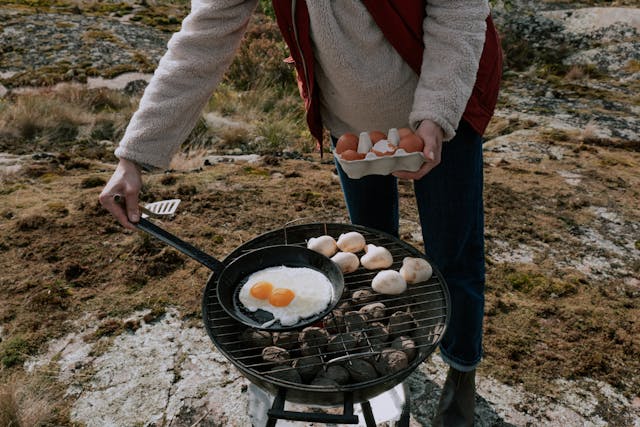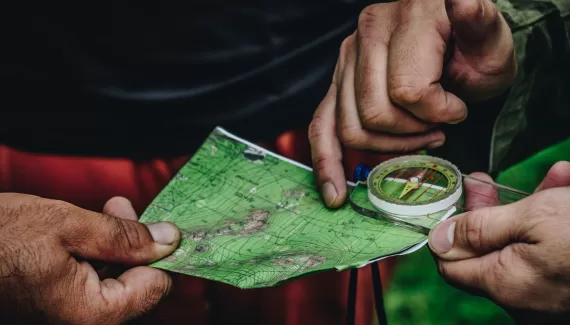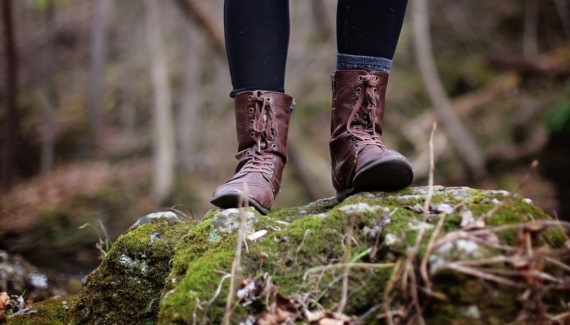Introduction
Camping is all about escaping the hustle and bustle of everyday life, connecting with nature, and enjoying the great outdoors. But let’s be real—it’s also about the food! There’s something magical about savoring a delicious meal under the stars or around a campfire. Good food can elevate your camping experience, making it memorable and enjoyable. So, whether you’re a seasoned camper or a newbie, having a solid camping food plan is key to a successful trip.
Planning Your Camping Menu
When planning your camping menu, there are a few things to keep in mind. First, consider the duration of your trip and the facilities available at your campsite. Are you hiking to a remote location, or will you have access to a car and a cooler? Next, think about dietary restrictions and preferences. Are there any vegetarians in your group? Any allergies to consider? Lastly, balance is essential. You’ll want a mix of proteins, carbs, and fats to keep everyone fueled and happy.
Essential Camping Cooking Gear
Cooking in the great outdoors doesn’t require a fully equipped kitchen, but having the right gear makes a world of difference. At a minimum, you’ll need a portable stove or campfire grate, a pot and pan, and basic utensils like a spatula and a stirring spoon. Don’t forget a sharp knife, a cutting board, and a lighter or matches. For storage, reusable containers and bags are great for keeping your food organized and protected from the elements (and critters).
Non-Perishable Foods
Non-perishable foods are a camper’s best friend. They don’t require refrigeration, are easy to pack, and have a long shelf life. Think canned beans, pasta, rice, oats, and granola. Peanut butter, jerky, and trail mix are also excellent options. These foods provide a solid base for many meals and snacks, ensuring you won’t go hungry even on longer trips.
Fresh Food Options
While non-perishable items are convenient, fresh foods can add a delightful variety to your camping diet. Fresh fruits and vegetables like apples, carrots, and bell peppers are great because they don’t spoil quickly. You can also bring along pre-cooked meats or marinated items to grill. To keep these foods fresh, invest in a good cooler and consider freezing items beforehand.
Breakfast Ideas
Breakfast is the most important meal of the day, even when camping. Start your day with a quick and easy meal like instant oatmeal or granola with dried fruit. For something heartier, try making breakfast burritos with scrambled eggs, cheese, and sausage. If you’ve got a sweet tooth, whip up some pancakes or French toast using pre-mixed batter.
Lunch Ideas
For lunch, simplicity is key, especially if you’re planning a day full of activities. No-cook options like sandwiches, wraps, or salads are perfect. Try a classic ham and cheese sandwich or a veggie wrap with hummus and fresh veggies. If you’re in the mood for something different, make a pasta salad with your favorite ingredients.
Dinner Ideas
Dinner is often the highlight of the camping day. One-pot meals like chili, stew, or pasta are easy to make and clean up. If you have a grill, take advantage of it by cooking burgers, hot dogs, or kebabs. For cooler evenings, nothing beats comfort food like mac and cheese or a hearty soup.
Snacks and Sides
Snacks are essential for keeping your energy levels up, especially if you’re hiking or engaging in other outdoor activities. Pack a mix of healthy snacks like nuts, dried fruit, and energy bars. For sides, consider easy options like baked beans, coleslaw, or cornbread. And don’t forget to pack plenty of water!
Campfire Cooking Techniques
Cooking over a campfire is an iconic part of the camping experience. Whether you’re roasting marshmallows or grilling dinner, it’s important to know the basics. Use a campfire grate for even cooking and keep a close eye on your food to avoid burning. Alternatively, a camp stove offers more control and is perfect for cooking on the go. Dutch ovens are another versatile tool, ideal for baking or slow-cooking meals.
Camping Desserts
No camping trip is complete without indulging in some sweet treats. The classic s’mores are always a hit, but you can also get creative with variations like adding peanut butter or using chocolate chip cookies instead of graham crackers. For something different, try campfire cones filled with chocolate and marshmallows, or make a simple fruit cobbler in a Dutch oven.
Cooking for Special Diets
Camping doesn’t mean you have to compromise on dietary needs. For vegetarians and vegans, options like veggie burgers, grilled vegetables, and bean-based dishes are delicious and satisfying. If you’re gluten-free, consider dishes made with rice or gluten-free pasta. Always check labels and plan ahead to ensure all dietary needs are met.
Food Safety Tips
Food safety is crucial, especially when you’re away from the conveniences of home. Keep perishable foods cold by storing them in a cooler with plenty of ice. Use separate cutting boards and utensils for raw and cooked foods to avoid cross-contamination. And always wash your hands before handling food.
Eco-Friendly Camping Food Tips
Being mindful of the environment is an essential part of camping. Minimize waste by using reusable containers and utensils. Choose foods with minimal packaging and consider compostable options when possible. Always follow the Leave No Trace principles by packing out all your trash and respecting wildlife and nature.
Conclusion
Good food can make a camping trip truly unforgettable. With a bit of planning and the right gear, you can enjoy delicious, satisfying meals no matter where your adventures take you. So, pack your bags, plan your menu, and get ready to savor the joys of camping food!
FAQs
- What are some easy camping breakfast ideas?
Try instant oatmeal, granola with dried fruit, or breakfast burritos with scrambled eggs and cheese. - How can I keep food fresh without a cooler?
Pack foods that don’t spoil easily, like apples and carrots, and use insulated bags or wrap items in foil to keep them cool. - What are the best snacks for camping?
Nuts, dried fruit, trail mix, and energy bars are great portable options that provide energy and nutrition. - How do I cook safely while camping?
Keep perishable foods cold, avoid cross-contamination, and always cook food thoroughly. Use separate utensils for raw and cooked foods. - What are some good vegetarian camping meals?
Veggie burgers, grilled vegetables, pasta salad, and bean-based dishes are tasty and satisfying options.



No Responses Yet